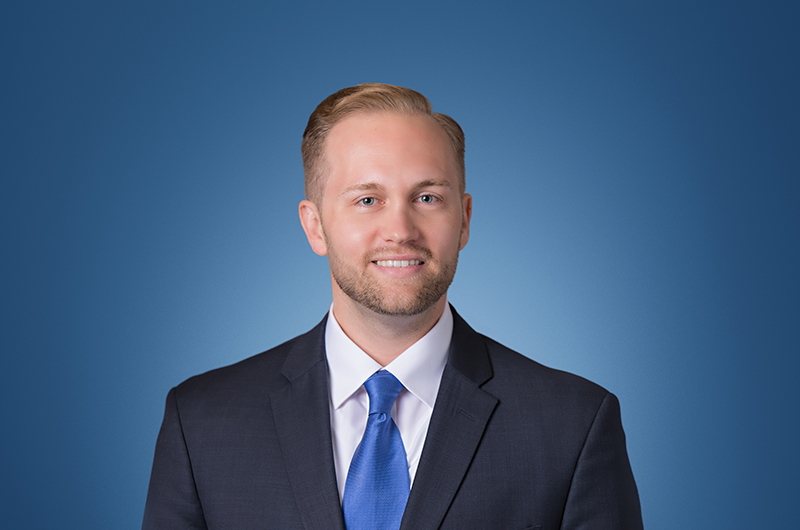Larry Bache is back by popular demand to answer national level questions posed to us during our recent seminar involving Hurricane Irma claims. I think that the last time Larry Bache was with me on Tuesday at 2, was back on May 18.
Here are some of the questions which we will discuss today, and you are free to write in more during the session:
- Who is a better expert witness involving a damaged roof claim—a contractor or an engineer?
- What happens if an appraiser finds more damages than demanded or previously estimated? Is the appraiser limited to the claimed amount? Can the insurance company start a new investigation on the newly found damages?
- Can a public adjuster force an insurance company to pay for an expert who is required by an insurance company adjuster?
- What do you do if you keep demanding appraisal and the insurance company keeps asking for more information?
- What happens if the homeowner is told that the repairs to a tile roof can be matched and then they do not match after the repairs are completed?
- Is it proper to repair with a “sheen coat” which the insurance company claims will make the roof match?
- What do you do about errors and omissions by insurance agents when policies are written without matching or on an actual cash value basis?
- Can a public adjuster or contractor pay for the policyholder’s appraiser or half the umpire fee?
- Can public adjusters file civil remedy notices in Florida or intent to file lawsuit notices in Texas?
- What exactly is the unauthorized practice of public adjusting and the unauthorized practice of law?
Questions lead to thinking about the best practices to handle claim situations. Here is some advice about a process to start:
- Read The Full Policy
- Figure out What Law Applies
- Know The Property Insurance Law including Regulations Which Will Apply
- Investigate All The Facts
- Apply the Policy with The Law to the Facts
Obviously, this can become very complex in some property insurance claim situations. Knowing the law while not practicing the law can become very difficult for some non-lawyers. This is especially true when the non-lawyer may have a very good base of knowledge about specific insurance law.
At what point should a non-lawyer working for a policyholder seek out somebody who legally provide advice about what to do from a legal standpoint?
This is why some of our answers are going to be limited to the process I suggested above. RTFP is good for policy understanding but RFKIA is needed to more completely analyze the situation. You will be KIA if you do not RTFP and Know the Law when doing insurance coverage analysis.
Hope you can join Larry Bache and me at 2 EST today. Here is the link.
Thought For The Day
Discourage litigation. Persuade your neighbors to compromise whenever you can. As a peacemaker the lawyer has superior opportunity of being a good man. There will still be business enough.
—Abraham Lincoln




